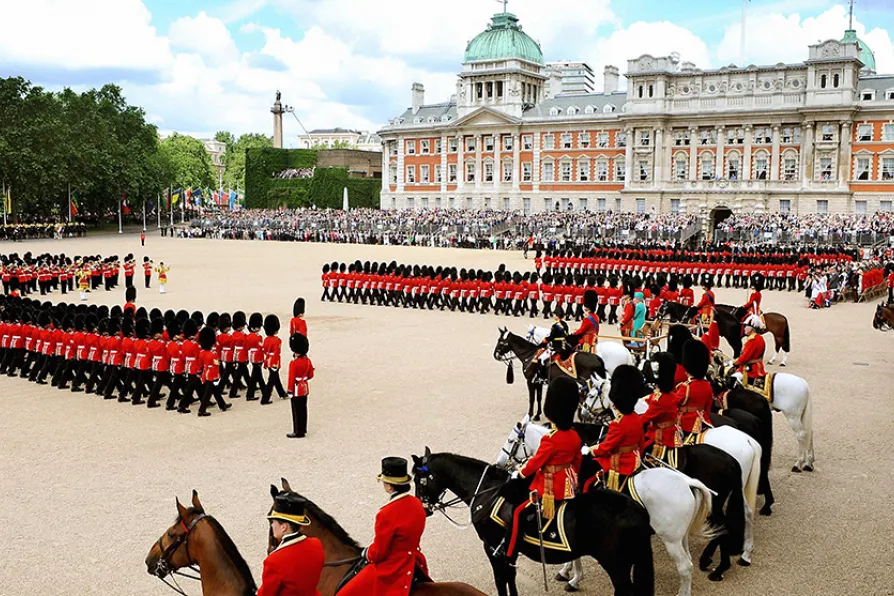RAMZY BAROUD offers six reasons why Netanyahu is prolonging conflict in the Middle East
Spend it on the people, not war
It is time to invest in our future not nukes and weapons of war, writes KEN LIVINGSTONE


AT the end of March, the UN secretary-general Antonio Guterres called for a global ceasefire, saying the war on the coronavirus was the only war we should be fighting at this time of the global pandemic.
Part of his reasoning was that this would help countries focus resources towards fighting Covid-19 rather than on extravagant military spending.
This should mean that in Britain spending on the impact of coronavirus must take priority ahead of military spending.
Similar stories

Europe is acquiescing in Trump’s manoeuvrings — where Europe takes over the US forever war in Ukraine while Washington gets ready for a future fight with China. And it’s working people who will be left paying the price, says DIANE ABBOTT MP

A statement by No Cold War

Labour is deliberately continuing Tory policies that cost us £38 billion more than they save while driving illness rates higher — despite the evidence that previous sanctions doubled suicide attempts, writes CLAUDIA WEBBE











